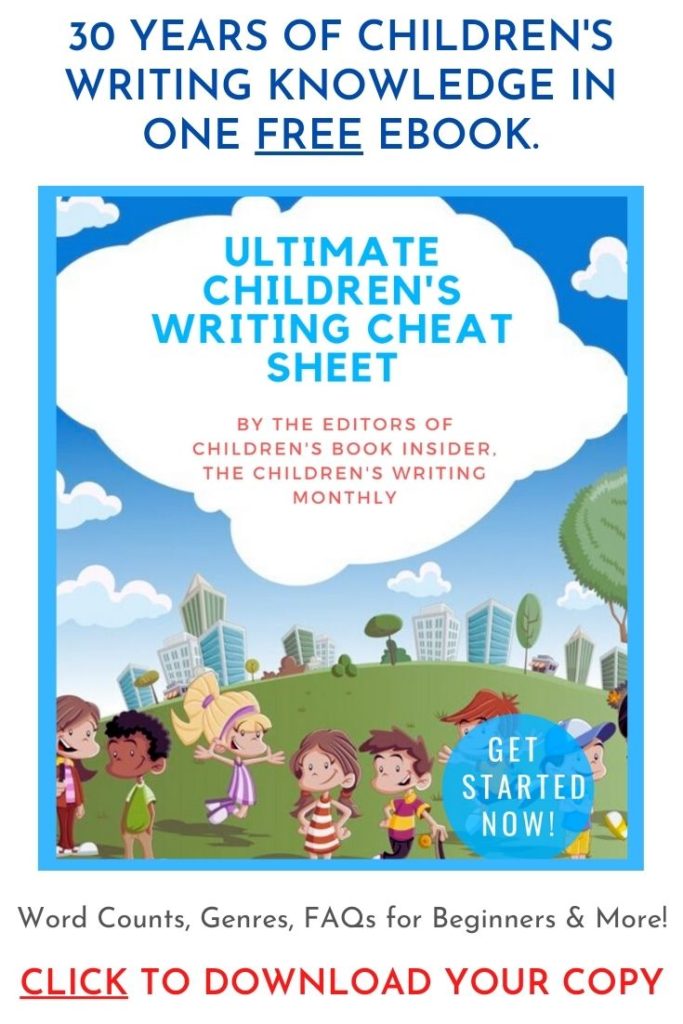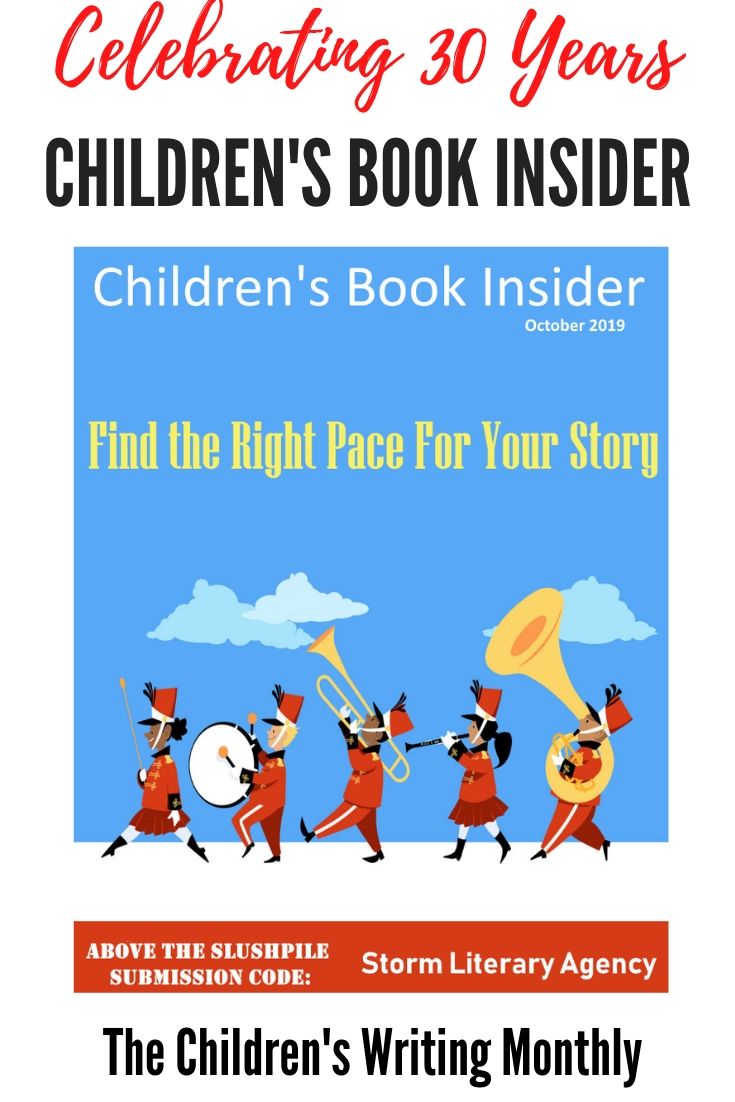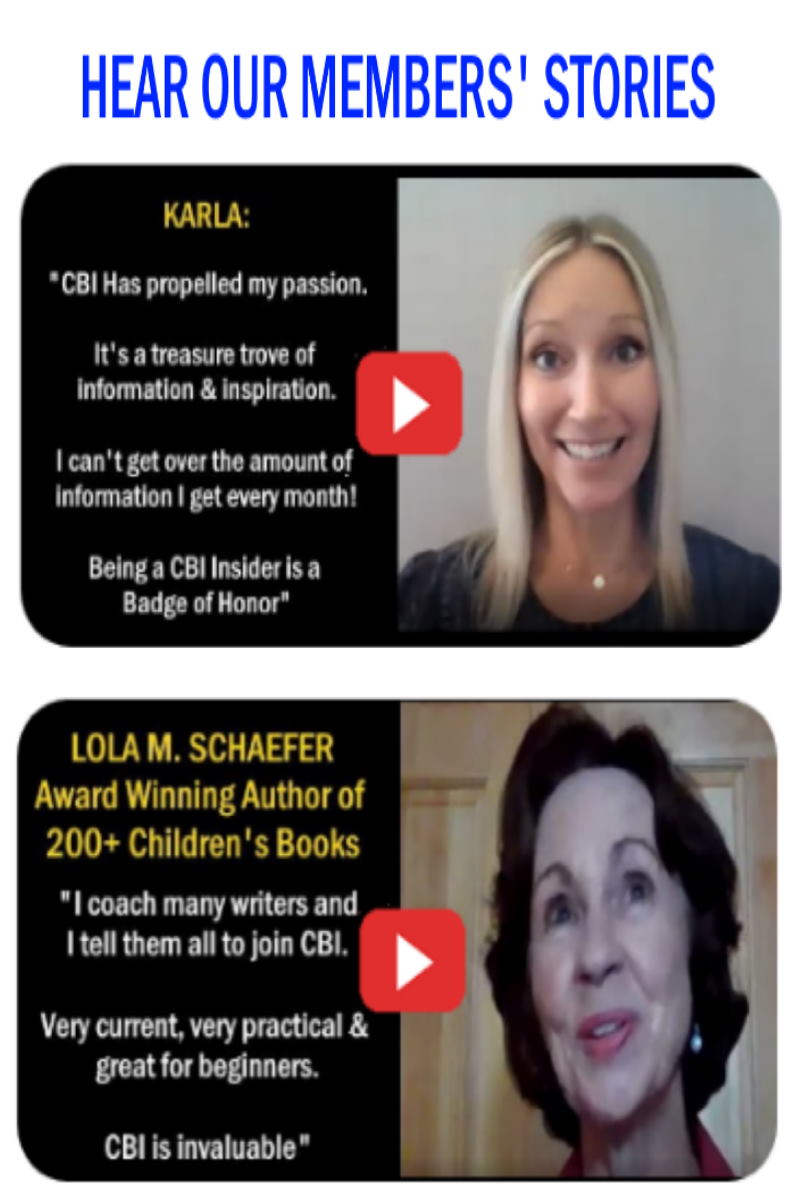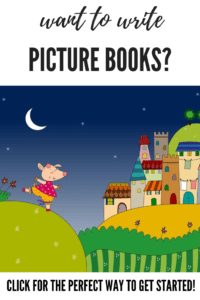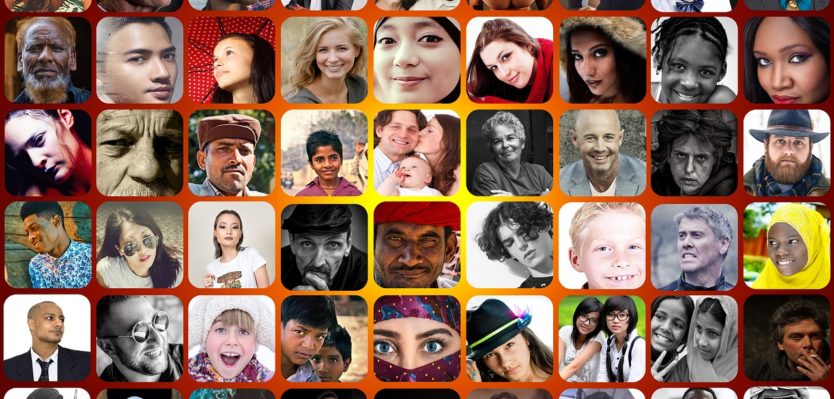
by Jean Daigneau
Even though everybody loves a winner, what sometimes garners the most press is the bad news. In the world of children’s book publishing, one of the hot button issues currently making headlines is a book that is panned or vilified for an inaccurate portrayal of characters from marginalized or minority groups. One such book, A Birthday Cake for George Washington, was called out for its portrayal of slaves. J. K. Rowling’s book, History of Magic in North America, was criticized because of how it portrayed Navajo traditions.
What then is an author, or in some cases an illustrator, to do? Hiring a sensitivity reader can go a long way to avoiding issues that might garner bad publicity. But as an author, bad publicity is only half the equation. Consider how you labor over every word of your novel. Knowing that someone has called you out on those very same words and accused you of giving a totally inaccurate portrayal of a marginalized community would be hard to live with. The book would most likely be pulled from shelves and go out of print, but like spoken words that can’t be taken back, it can’t be unpublished.
So, What Do They Do?
Just like copy editors and fact checkers, the goal of sensitivity readers is to prevent a writer from moving forward on a project replete with errors. Sensitivity readers have a different role than catching typos when looking at your characters. The major difference is that a missed comma won’t impact anyone other than an anal reader like myself who catches it immediately upon reading. A missed representation of a culture or ethnic group not only does a disservice to that group, it impacts those reading the story. It can reverberate by perpetrating lies, false information, or inaccurate stereotypes. Which in turn can sway readers about how they think about certain individuals.
Best-selling author Patrice Williams Marks (https://www.patricewilliamsmarks.com/), a registered sensitivity reader and founder of a non-profit that works to diversify media, offers classes on being a sensitivity reader. She notes that “there are all kinds of sensitivity readers; all of whom address instances of misrepresentations, bias, stereotypes, misinformation and even unintentional racism….”
Why Do I Need One?
Marks gives two explanations of why sensitivity readers are needed today more than ever. In her words, “One reason is that more and more authors are choosing to write stories that include diverse characters, which is a very good thing. However, the author may create a character without having knowledge about them as people and may draw upon stereotypes instead.” Secondly, she goes on to explain that “social media can be very unforgiving.”
It only takes one Twitter frenzy to tank a book.
Debut author Risa Nyman’s middle grade novel Swallowed by a Secret will be published in January 2020 by Immortal Works Press. Although Nyman has personal experience with how mental health issues impact a family, she says that “mental health problems are complex and often devastating, and I wanted to make sure what I wrote was accurate and sensitive, especially for vulnerable, young readers. A book has the potential to make a profound impression….” Nyman turned to children’s author and psychologist Jessica Bayliss because she was “uniquely qualified to do this type of sensitivity reading.”
But what if you steer clear of multicultural characters? Or you avoid including characters from the LGBTQ community? Issues a sensitivity reader addresses also have to do with people living with any number of other challenges. Consider children today with a parent who is incarcerated. In 2016, authors of a study called The Economic Burden of Incarceration in the United States noted that incarceration often impacts a family’s financial security and economic stability. It can impact a family’s living situation if the family moves closer to where a member is incarcerated. Then, too, 10 percent of these children are unable to finish high school or attend college, most likely because they are required or feel compelled to work. When writing about a character dealing with incarceration, it would be easy to overlook the secondary issues that impact this population.
Bring on the Experts
Any author is remiss in not doing due diligence when it comes to writing outside your own experiences. As Marks explains, “Let’s say you want to write a television pilot that takes place in a hospital and focuses on a hotshot cardio surgeon. Great. But you have no experience working in a hospital and no medical background. Wouldn’t it be prudent to hire a consultant who is a cardiac surgeon? Or would you just write it and guess at how doctors and hospitals work? You could, but it would not be authentic. That is what a sensitivity reader provides— intimate knowledge and experiences within certain niches.”
So how does it all work? If you Google “sensitivity readers,” you’ll find any number of people offering these services. As always, doing your homework will pay off handsomely. Some questions to ask yourself are: What topics does this person review? What is his or her own experience within this community? What other projects has he or she edited?
Do keep in mind that this person is not here to tidy up mistakes or tell you what a wonderful writer you are. If you want a stamp of approval, show your manuscript to your mom.
As always, read, read, and read books that deal with the issues you’re writing about. Remember there are any number of subsets in any community. A sensitivity reader who herself is adopted may not have foster home experience. Or may not have dealt with abuse within that setting. Consider the layers of issues your characters are dealing with. Then consider whether or not one sensitivity reader can cover all the bases. Some can, but not all.
Show Me the Money
What exactly can you expect when hiring a sensitivity reader? As with any editing service, numbers differ significantly. The average I’ve researched is around $250 and up for a middle grade novel. You should sign a contract so the terms of the service are clearly defined. Usually the process involves a thorough read of the novel and a report on dialogue and word choices, plot lines relative to stereotypes and other issues, and any area that appears problematic. If you think about having your published novel trashed on social media because of a major glitch, that money might seem insignificant. From her sensitivity reader experience, Nyman was shown places “where I needed to add more description of the mental illness to make it more authentic, without being heavy-handed or actually indicating what the diagnosis might be.”
There Are Always Two Sides to Every Story
This article would not be accurate without mentioning some of the controversy of sensitivity readers. Not about not hiring them, but about hiring them. Some people have responded to authors withdrawing their work before or after publication and issuing apologies as nothing less than giving in to censorship and bias. I’ve read articles that tell these authors to grow a spine and, in essence, not to cave in to a small group of hypersensitive readers who have their own axes to grind.
And there are stories circulating where sensitivity readers reviewed manuscripts that were still trounced after publication. This is where finding an experienced reader should pay off.
The Final Word
Lee & Low editor Jason Low wrote in The Horn Book that he uses the term “targeted expert readers”. This is intended because it “shifts the attention away from cultures and sensitivities and focuses on the true function of what these readers do for us: they are experts in a particular subject area. These readers are tasked with the job of verifying the accuracy of information that appears in books.” Considering that many nonfiction authors are encouraged to have their project vetted by an expert in the field, why should other projects be any different?
Hiring a sensitivity reader is a personal choice. But, as Marks says, “Sensitivity readers are simply another tool in the tool belt of the author or content creator. They are there if someone wants to tap into their knowledge. Their job is not to stifle creativity or demand changes, but to simply give their opinion as someone coming from the same background that their character(s) are based on.” And for an author who is writing outside his or her own culture, that kind of input can be invaluable.
BONUS: Finding Sensitivity Readers
It’s important that you find sensitivity readers who fit your project. You may need to hire more than one reader if you are writing about several areas outside of your personal experience (race, religion, disability, sexual orientation, etc.) If you are fortunate enough to know people who belong to communities portrayed in your book, you can ask them to read your manuscript for accuracy. You can also Google “sensitivity readers” for names, but the best way to find a good sensitivity reader is by recommendation from other authors. Pose the question on writing message boards or Facebook groups you belong to. Ask around at conferences. When you do contact a reader, ask for references and clarify their rates (extra charges may apply if the reader is reviewing several versions of your manuscript). Always get everything spelled out in a written agreement.
One source for sensitivity readers is Quiethouse Editing (called “diversity readers”) at http://www.quiethouseediting.com/
This article originally appeared in Children’s Book Insider, the Children’s Writing Monthly
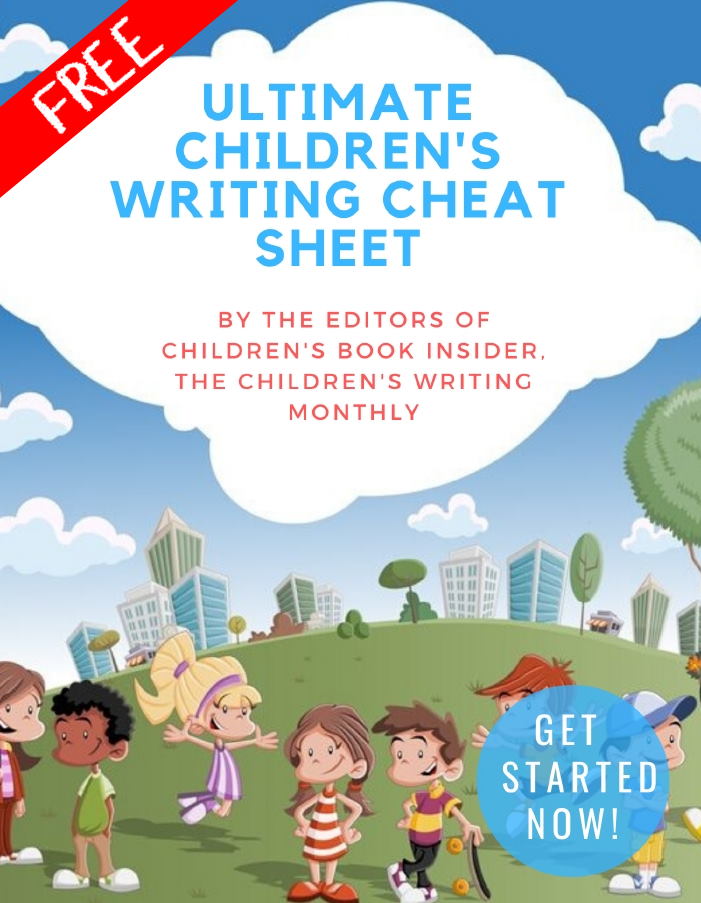
✏ Word Counts & Age Groups for Every Kidlit Category
✏ FAQs, Glossaries and Reading Lists
✏ Category-specific Tips, from Picture Books Through Young Adult Novels
✏ 5 Easy Ways to Improve Your Manuscript
✏ Writing For Magazines …and more!
This is a gift from the editors of Children’s Book Insider, and there’s no cost or obligation of any kind.
We will never spam you or share your personal information with anyone. Promise!
